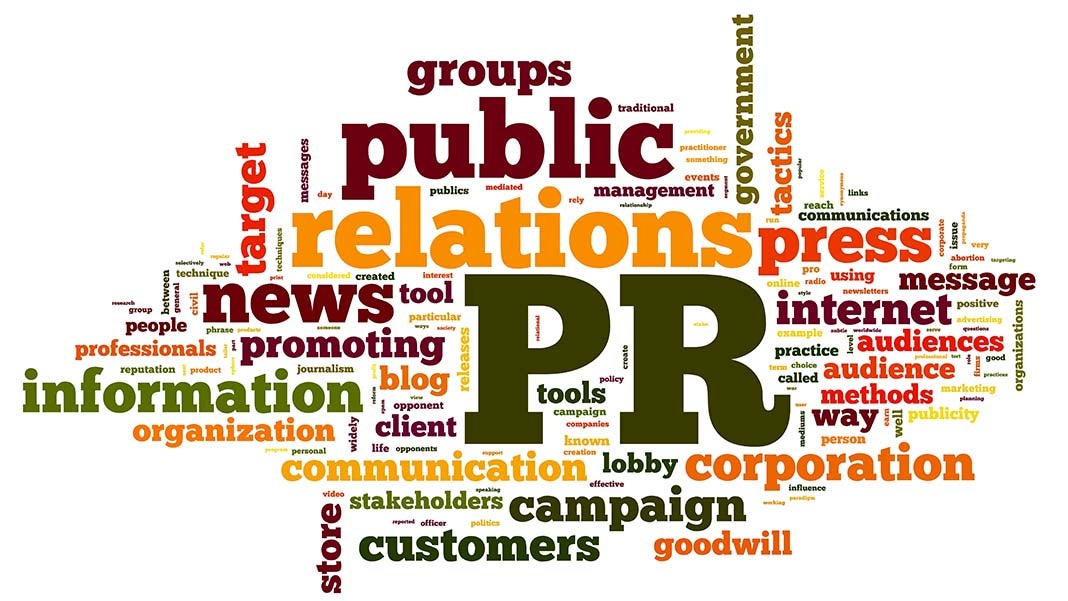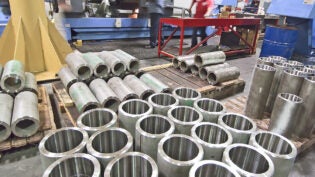
If PR to you conjures up images of Ab Fab types quaffing Champagne at client meetings without doing anything productive you could be forgiven for shunning the idea of PR. But there are some very good reasons not to—as Rose Calendars explains.
The Chartered Institute of Public Relations (CIPR), defines PR as “the planned and sustained effort to establish and maintain goodwill and mutual understanding between an organisation and its publics.”
Of course, PR doesn’t have to mean churning out endless press releases and measuring your performance against the column inches you’re notching up. Good PR is all about giving your company an edge and securing a positive reputation. It also plays its part in generating new business through developing your company’s brand and its visibility. And so, small businesses would be wise to invest some time and money into PR.
It’s A Budget-Friendly Option
PR is really about getting people talking about your brand and it doesn’t have to come with a significant outlay. In fact, it’s fair to say that the greater outlay is your time—you’ll have to spend time building your PR campaign and that means being consistent, visible and relevant. Another important factor in PR is to always follow up—but that doesn’t mean hounding people. A simple Tweet, followed by another and then perhaps a link to a video can all help build your brand. Or if you’re looking to target the B2B market you can start with an email campaign, followed by a mass mailing of a promotional item, such as notepad, branded calendar or other memorabilia. You could finish with a follow up social media campaign. Think time not money when it comes to PR and get creative.
Advertising Gives You a Voice, PR Enhances It
There’s one key difference between PR and advertising: the voice. Advertising is where you can tell everyone how great your company is; you can put yourself on the map. PR is someone else saying how great you are—and this third-party approval is key to winning more business. Jessica Tiller, executive vice president and co-founder of Weiss PR Inc., gave her opinion in a recent article on how PR & marketing work better together. She noted that Coordination between the two “brings credibility, consistency and greater visibility to corporate communications messages.”
It Positions Your Company at The Top
It’s official—people want to see more content from industry thought leaders. The Demand Gen Report reveals that an overwhelming 96 per cent of B2B buyers want to hear your voice and your opinions and PR can help you place just this in front of them by writing for well-considered media. Not only does this help place your company at the forefront of people’s minds but it also positions your company as a leader in its field.
Good PR Can Complement Other Activities
In the past PR was heavily dominated by print media and was measured by the number of column inches that were given to promoting your company. Today’s digital landscape however has altered this forever, with PR in the modern sense taking in a huge range of multi-channel platforms including online, video, social media, audio, TV and promotional items. This gives you a great opportunity to use PR to complement other areas of the business such as sales and marketing. And with so many worthy channels your audience grows—the more eyes on your brand the better.
It Can Enhance Your Brand’s Reputation
PR is all about managing your reputation—if you get it right your reputation will grow but get it wrong and it may suffer. Think carefully about what you want your brand to say and be sure that this is reflected in all of your PR activities. For example—sending out small gifts to thank customers for their custom can backfire if you opt for poor quality goods. If you want your brand to be associated with quality then you have to always deliver quality, not only in the products or services you provide but in the PR messages you deliver.
2223 Views












